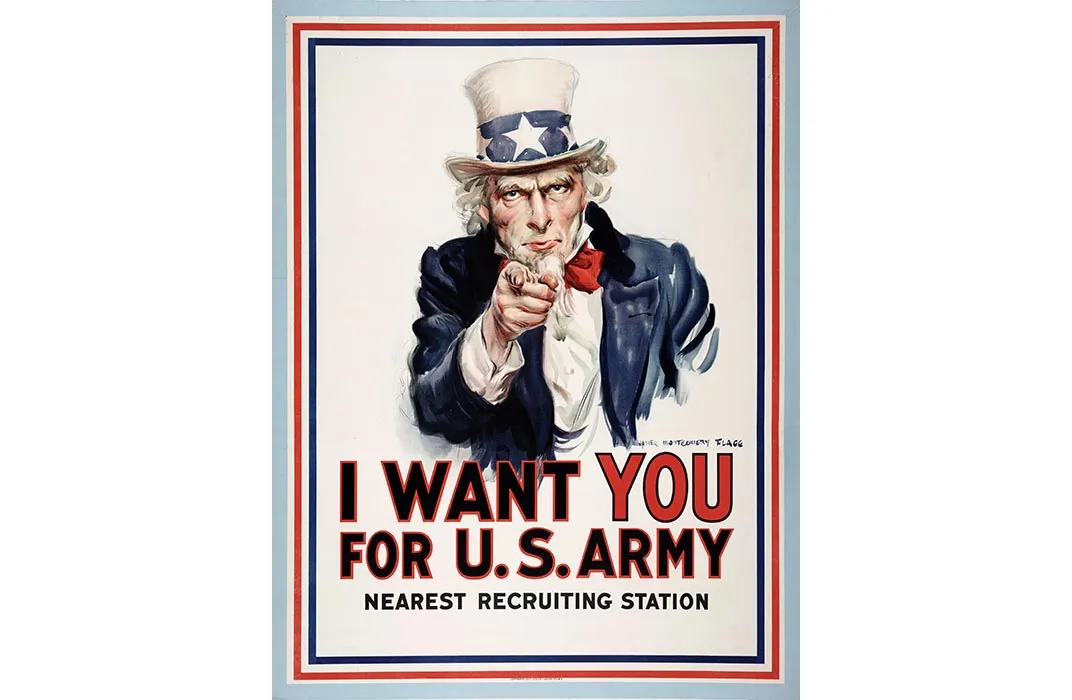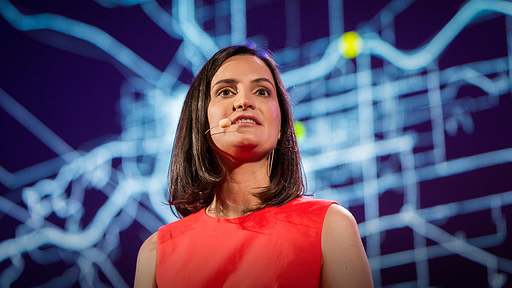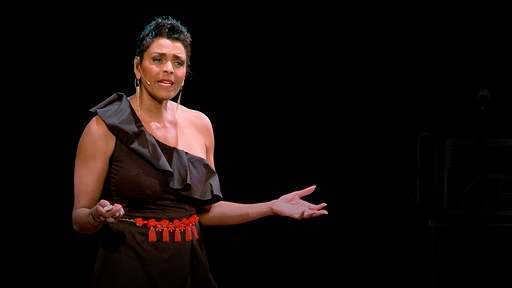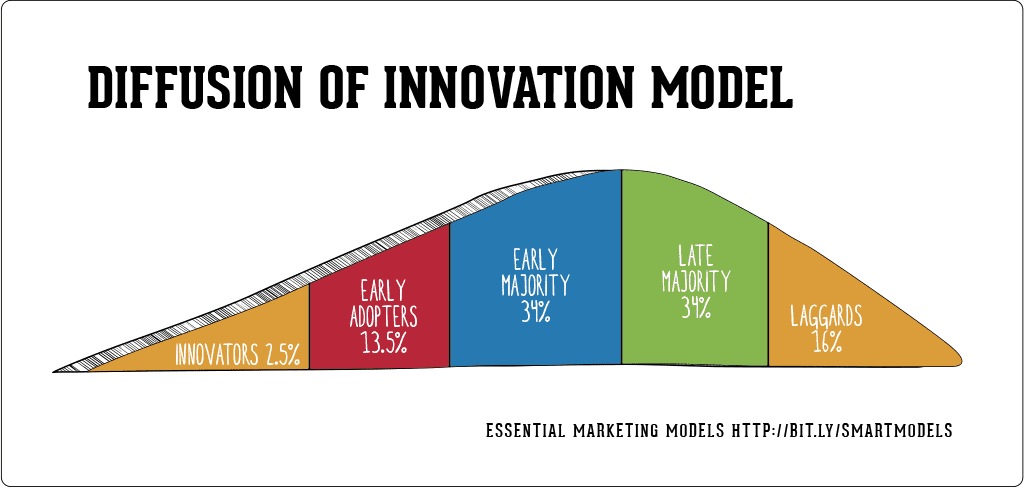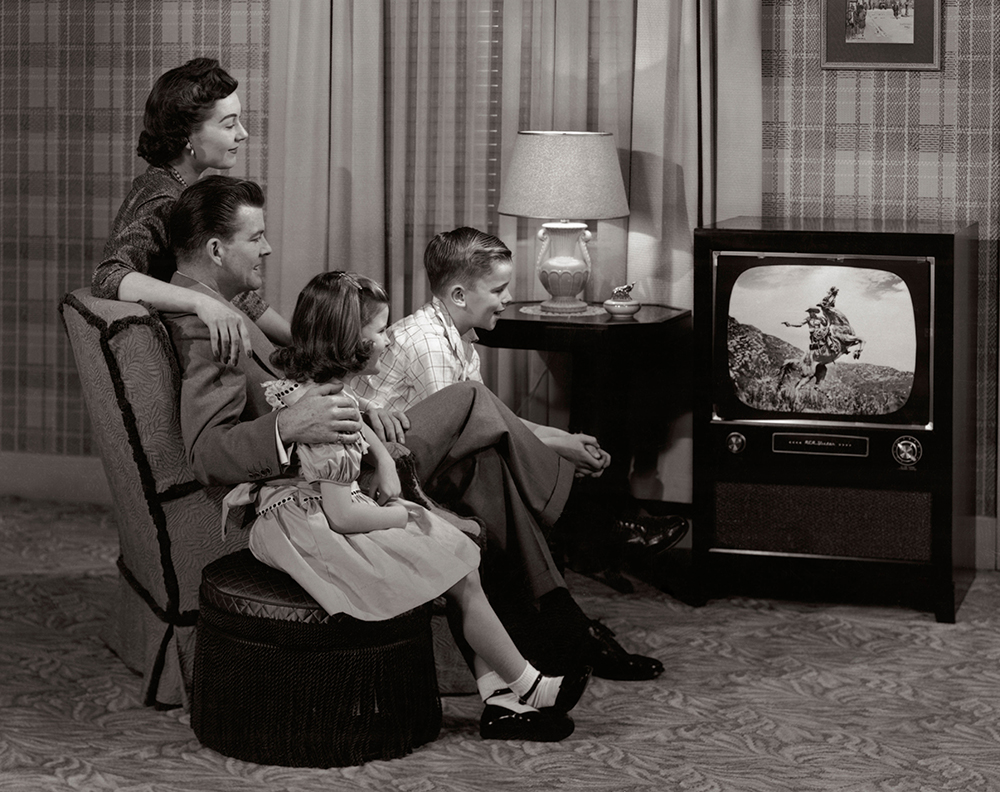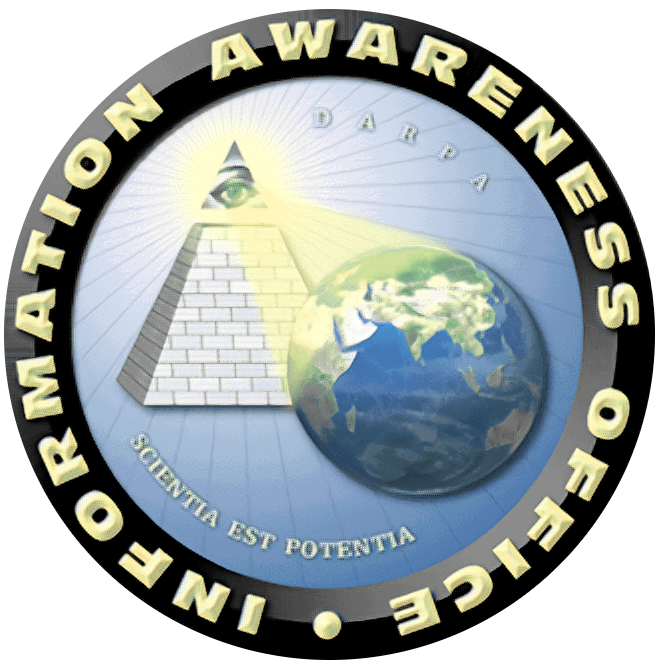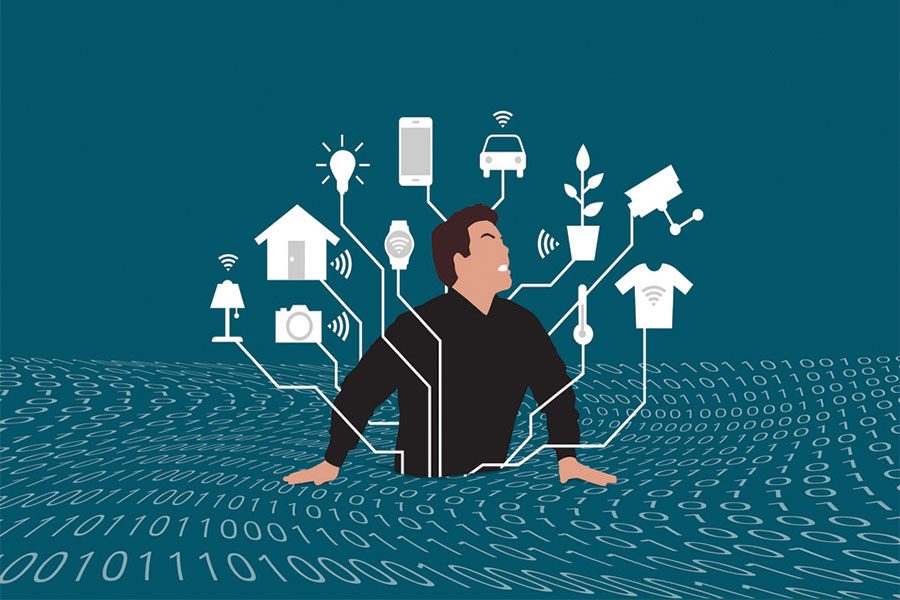Propaganda is defined by the Oxford Dictionary as "information, especially of a biased or misleading nature, used to promote or publicize a particular political cause or point of view". Propaganda is usually thrown around to try and influence someone into changing their views or attitude to something else. Propaganda was first thrown around as a term in the the early 1900s, shortly after World War I began. The government would try and recruit soldiers by printing posters that made the army look like it was exciting. More and more posters would be made with the same topic in mind, that it was these men's duties to join, and that they would feel proud if they did and guilty or embarrassed if they didn't join.
There are two different kinda of propaganda in the world, positive and negative. Positive propaganda is often used by the government to promote messages and healthy lifestyles. Advertisers make optimistic generalizations and employ uplifting imagery. During wars, propaganda can also be employed to encourage intergroup harmony, cooperation, and unification. Therefore, propaganda has a good side if it is employed to aid others and encourage social change for the better. Some examples of positive propaganda are messages about eating healthy, drunk driving, the effects of smoking, and many others. Below is a great ad from Fiat talking about drunk driving and it's effects if you get behind the wheel while intoxicated.
While positive propaganda promotes healthy living and making the right choices in life, negative propaganda is merely the opposite. It was used a lot in war to dehumanize and create hatred towards the enemy, by creating a false image of the enemy country or nation in the minds of the people. This type of propaganda can be used in many ways. The education system may encourage demeaning falsehoods about the past of a particular nation or group. An example of these techniques include the spreading of false material through the media. A good example of this could be what Hitler did with the Nazi's. The Nazi's were very skilled in making propaganda and using different kinds of advertising techniques to spread their message. Their main theme in their kind of propaganda was Anti-Jewish, and they would advertise in a lots of different ways, including in the theatre, in speeches, or even in art and education.
Propaganda happens all through our daily lives now. It is all around us, and we really encounter it every day, with whether that's TV ads trying to persuade us to buy a product, a message talking about the effects of smoking, or even a political ad talking why you should vote about a candidate, or why they aren't the right person to be in government. I think it's something that a lot of people don't think about, and they don't think if a certain ad changed their mind about a certain topic or not.
